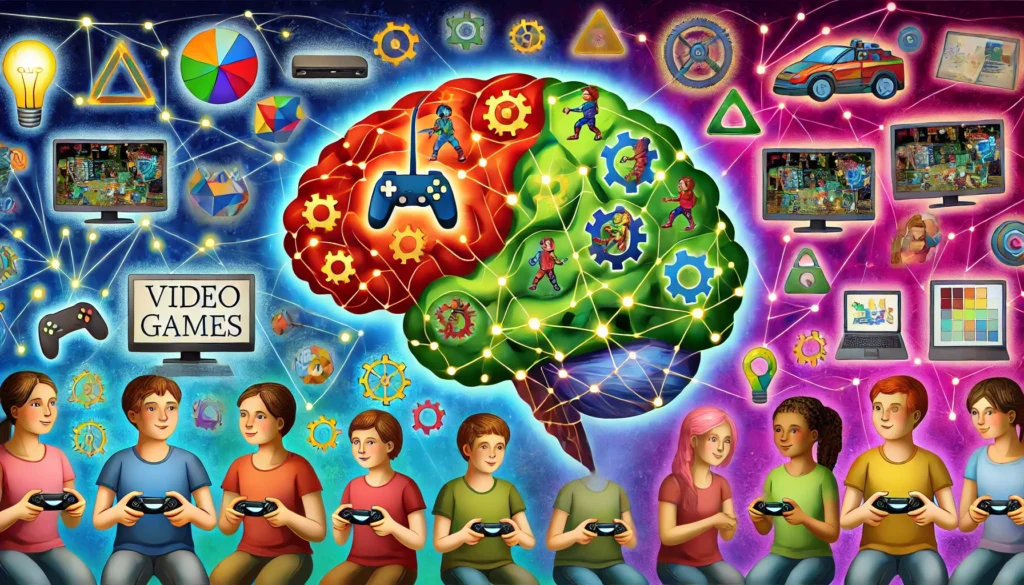
Introduction
Video games, once written off as nothing more than a leisure activity, have been increasingly appreciated for their mental benefits. This paper will see the different effects video games provide on a cognitive development, more specifically the advantages of video games in problem solving skills and spatial awareness along with multitasking.
Problem-Solving Skills
Games typically involve a series of puzzles and challenges which players will need to solve before making a move. Before then, I made dozens of digital assets for games such as The Legend of Zelda and Portal where the player was essentially required to navigate logical puzzles and critical thinking, These real life problem solving scenarios are not only relevant to the digital world, but they foster genuine skills such as analyzation and critical decision-making — crucial for both everyday academic workloads and executive positions.
Spatial Awareness
How Gaming Boosts Your BrainSpatial control in video games is one of the greatest cognitive benefits for the players. First-person shooters, such as Call of Duty and Halo have players navigate complex arenas that are usually timed. it might develop mental rotation and spatial memory capacity because 3D is an inherent part of the gameplay experience. Spatial thinking is of course important in other fields, such as engineering and even surgery, the researchers note — and there are ways to develop these skills.
Multitasking Abilities
Oh and lets not forget that video games improve our multitasking skills… A trait more and more companies are now requiring… faster to get a hold of our benefits. For example, a game with real-time strategy like “StarCraft” can require the player to simultaneously gather resources, plan attacks, and protect bases. These games are made to help them in practicing their multi-tasking skills which is a great way to prepare themselves for balancing all the things they have to do in life. Studies have reported better performance in tasks demanding multitasking and visual or rapid attentional switch in videogamers with respect to non-a video gamers.
Conclusion
In conclusion: video games are not only fun, but also a means to improve mind and progress. And why video games are actually real-world preparation is from the problem solving strategies, spatial sense you develop and task switching x 8. If the tulpa phenomenon brings anything positive, it hopefully begins an era of further interdisciplinary inquiry and discovery as this paradigm of cognitive (and playful) environmental enrichment still stands to prove its full potential.